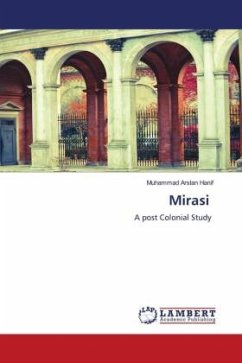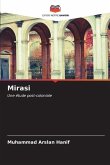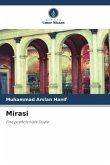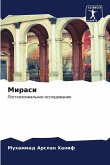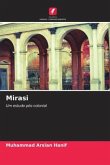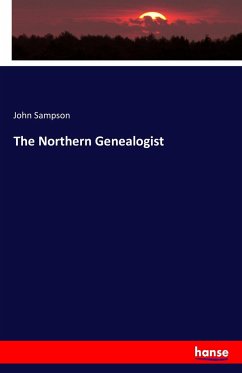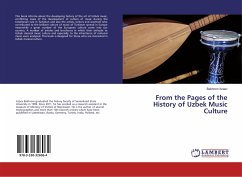In "The Mirasi: A Post-Colonial Study" an intriguing exploration is offered into the Mirasi community, shedding light on their identity, traditional roles, and their evolving roles over time. Despite being marginalized and often misunderstood, this community, whether knowingly or unknowingly, has made significant contributions to society through music, Punjabi literature, oral-literary traditions, and local histories passed down through oral traditions. This study delves into uncharted aspects of Mirasi's oral traditions, examining the intergenerational transmission of knowledge and their unique method of preserving genealogical tables and family histories, which have spanned centuries. Over time, the Mirasi community has undergone transformations in their roles and occupations. While many have moved away from practices such as praise singing and recording pedigree tables, some have persisted in their musical performances, preserving their distinct singing styles. Additionally, certain Mirasi individuals have embraced new roles such as matchmakers, Zakar, Naat Khawan, Dargahi Qawwal, function managers, and members of music bands.
Bitte wählen Sie Ihr Anliegen aus.
Rechnungen
Retourenschein anfordern
Bestellstatus
Storno

